Kefir Yogurt: 12 beneficios para la salud, según los médicos
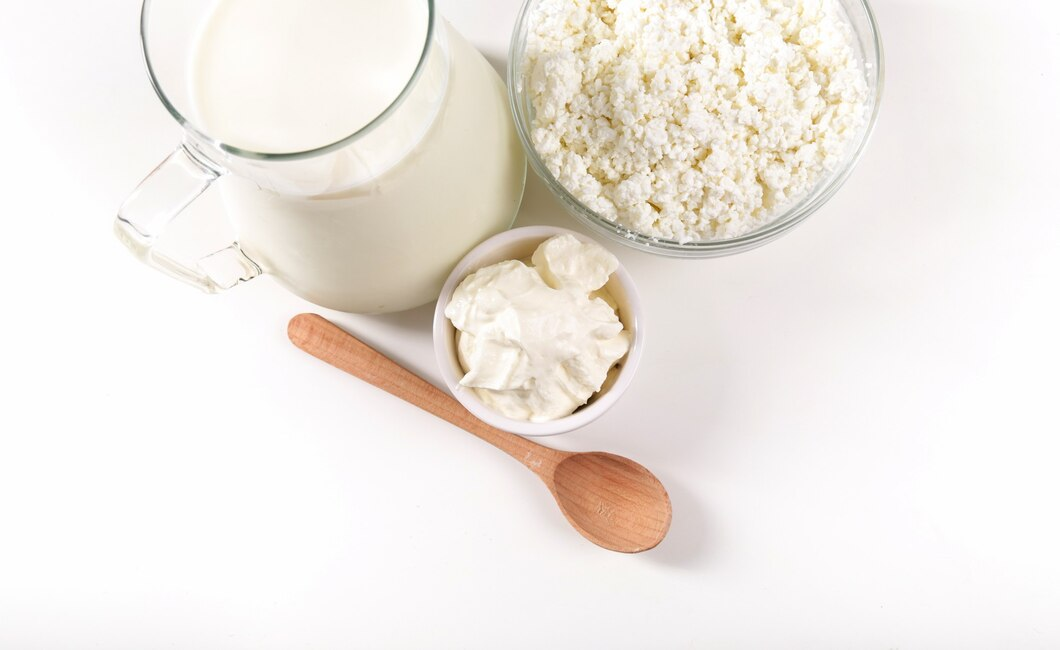
Related products
¿Qué es Kefir?
Kefir, pronunciado "kee-fe, "es una bebida producida a partir de la leche fermentada de ovejas, cabras o vacas. La única diferencia entre el kéfir de agua y el kéfir de leche es la base del agua. Los historiadores dicen que el kéfir se originó hace siglos en las montañas del Cáucaso del Este de Europa, cerca de la pavo moderna. La palabra turca "kief", que significa "buen sentimiento", es la fuente del término inglés "kéfir".
Kefir tiene más de 60 tipos diferentes de probióticos, o "bacterias buenas", que ayudan al sistema digestivo y promueven la salud intestinal. Los más prevalentes incluyen Leuconostoc, Lactobacillus, Lactococcus y Streptococcus.
¿No contiene lactosa el kéfir?
Kefir tiene un bajo contenido de lactosa, que es el azúcar de la leche. Esto implica que incluso si una persona tiene una intolerancia a la lactosa, aún debe consumirla. Según un estudio, el consumo de kéfir ayuda con intolerancia y digestión con lactosa.
¿Cuáles son los tipos de kéfir?
Hay variedades de kéfir que son lactosa, y sin lácteos pero altos en probióticos y proporcionan muchas ventajas de salud, incluso si una persona es intolerante a los lácteos. Hay dos tipos principales, y son diferentes en muchos aspectos.
Hay dos variedades de kéfir:
- Kefir lácteo (hecho con leche de coco y leche de vacas, ovejas o cabras).
- Kefir de agua, preparado sin lácteos con coco o agua dulce.
Aunque el líquido primario utilizado en cada tipo difiere, el kéfir se realiza utilizando el mismo método, y se dice que ambas formas proporcionan la misma variedad de ventajas de salud.
Los granos de kéfir son un iniciador de fermentación bacteriana/de levadura que se usa para hacer todo tipo de kéfirs. Todas las variedades necesitan azúcar, ya sea natural o agregada, para promover el crecimiento de bacterias y fermentación beneficiosas, al igual que la kombucha, otra bebida alta en probióticos. Sin embargo, dado que la levadura activa viva básicamente "come" la mayor parte del azúcar agregado durante la fermentación, el producto final es que tanto la kombucha como el kéfir tienen contenido de azúcar poco profundo. A continuación se proporcionan más detalles sobre los diversos procesos de fabricación de variedades, gustos y aplicaciones:
1. Kefir de leche
La bebida de leche fermentada más popular y accesible es el kéfir de leche, a menudo que se encuentra en casi todas las tiendas de alimentos saludables y grandes supermercados.
Este tipo a menudo se fabrica a partir de leche de cabra, vacas o ovejas, aunque algunos minoristas también venden kéfir de leche de coco, que carece de lácteos, lactosa y "leche" real.
Las bacterias de ácido láctico son el cultivo inicial utilizado en la fabricación tradicional de kéfir de leche, lo que eventualmente permite el desarrollo de probióticos.
¿Qué hace que el kéfir sea diferente del yogur? ¿El yogur es menos saludable que el kéfir? Ambos generalmente se fabrican utilizando un kit de inicio de levadura activo que es "en vivo", que es lo que cultiva las bacterias buenas. A diferencia del yogur, el kéfir solo está hecho de cepas mesofílicas, que crecen a temperatura ambiente y no necesitan calefacción.
Aunque comparten muchas similitudes, el kéfir a menudo contiene cepas bacterianas y de levadura más diferentes y una mayor concentración de probiótica.
Después de la fermentación, el kéfir de leche tiene un sabor picante que es un poco como el yogur griego. La longitud del proceso de fermentación determina cuán fuerte es el sabor; Un procedimiento de fermentación más extendido a menudo produce un sabor más robusto de alquitrán e incluso algo de carbonatación, que es la consecuencia de la levadura activa.
Aunque el kéfir de leche no tiene un sabor naturalmente dulce, se pueden agregar varios ingredientes para que sepa mejor. La mayoría de los kefirs comprados en las tiendas están aromatizados con fruta o azúcar de caña; Sin embargo, uno puede saborear y endulzarlo en casa con miel cruda, jarabe de arce, extracto de vainilla o extracto de stevia orgánico.
Además de ser consumido, el kéfir de leche se incorpora creativamente en los platos de varias maneras.
- Es un excelente sustituto de suero de leche convencional, crema agria, crema espesa o yogur en sopas y guisos.
- El kéfir liso o con sabor se puede usar en lugar de cualquiera de estos componentes en productos horneados favoritos, puré de papas, sopa y otros platos para aumentar su contenido nutricional y cosechar la gama completa de deliciosos beneficios de kéfir.
- El queso kéfir, un queso duro y rígido que sabe muy bien rociado sobre los platos de cena favoritos, también se puede hacer con él.
2. Kefir de coco
Una persona puede usar agua de coco o leche de coco para hacer kéfir de coco. Ambas variedades carecen de lácteos y a menudo se consideran el punto de partida ideal para hacer kéfir fermentado, ya que naturalmente contienen carbohidratos, incluidos los azúcares, que la levadura necesita ingerir para la fermentación. El proceso para hacer kéfir de coco es el mismo que para el kéfir de leche. Contiene gérmenes y levadura activa y viva de granos de kéfir.
Una vez fermentado, se vuelve más picante y carbonatado, pero sabe más dulce y más suave que el kéfir de leche. Ambas variedades del kéfir de coco mantienen el sabor del coco natural y todas las ventajas de salud de la leche de coco y el agua de la salud no fermentadas, incluida su capacidad para reponer electrolitos y potasio.
3. Kefir de agua
El kéfir de agua, típicamente producido con agua de azúcar o jugo de fruta, tiene un sabor y textura más suaves que el kéfir de leche.
Los métodos para hacer kéfires de coco y leche son los mismos para el kéfir de agua. Al igual que la variante de la leche, el kéfir de agua corriente es un sustituto excelente y saludable del refresco o el jugo de fruta procesado. Se puede saborear en casa con los aditivos naturales.
El kéfir de agua debe usarse de manera diferente al kéfir de leche. Intente incorporarlo en aderezo para ensaladas, muesli, batidos y postres nutritivos, o beberlo solo.
No es la opción más excelente para reemplazar los productos lácteos en las recetas, ya que es menos agria y tiene una textura menos cremosa.
Kefir contra yogurt
El kéfir y el yogur no son el mismo producto; Sin embargo, a menudo se comparan y tienen algunas similitudes.
Similar al yogur, el kéfir se fermenta y tiene un sabor ligeramente agrio. Debido a que ambos están fácilmente digeridos, son excelentes opciones para personas intolerantes a la lactosa.
Además, el yogur y el kéfir tienen distintos tipos de microorganismos beneficiosos. Lactobacillus kéfir es la bacteria beneficiosa principal que se encuentran en el kéfir, mientras que Lactobacillus bulgaricus y Streptococcus thermophilus se encuentran principalmente en el yogur. Kefir tiene bacterias y levadura, mientras que el yogur solo contiene bacterias.
Kefir tiene una consistencia más delgada que las bebidas basadas en yogur y yogurt. También a menudo tiene menos azúcar y calorías que el yogur. Una cosa une a los dos: funcionan bien como bases de batidos o como combinaciones con fruta o cereal. Solo quédate con llano; Tiene menos azúcar y calorías que con sabor.
¿Cómo se hace el kéfir?
El kéfir se crea mezclando bacterias saludables y granos de kéfir que contienen levadura con leche de vaca, cabra u oveja. El ácido láctico, producido cuando los microbios descomponen la lactosa (azúcar de la leche), le da al alimento un sabor agrio y abundantes nutrientes.
Kefir está disponible en formas y sabores primarios y con sabor como yogur líquido. La ingesta excesiva de azúcar disminuye las ventajas de salud del kéfir. Seleccione artículos sin azúcar o manténgase con otros simples.
¿Qué tan saludable es el kéfir?
Las ventajas nutricionales del kéfir difieren dependiendo del tipo de leche que contiene y cómo fermenta. Sin embargo, dado que tiene cepas de levadura más probióticas y útiles que el yogur, generalmente es más saludable.
Además, el kéfir y la lactosa del kéfir (azúcar de la leche) son generalmente seguros de consumir, incluso para personas intolerantes a la lactosa. Las versiones sin lácteos están disponibles; Sin embargo, su maquillaje nutricional difiere de los kéfir regulares.
Kefir es un superalimento porque está lleno de nutrientes, vitaminas y minerales, como:
- Calcio
- Proteína
- Magnesio
- Vitamina B12
- Vitamina D.
- Riboflavina (B2)
¿Cuáles son los beneficios para la salud del kéfir?
La investigación sobre los beneficios de Kefir todavía está en sus primeras etapas, pero alguna evidencia sugiere que ayuda con lo siguiente:
1. Control de azúcar en la sangre
Se realizó un breve estudio de 2015 que comparó los efectos del kéfir y la leche fermentada tradicionalmente en los niveles de azúcar en la sangre en individuos con diabetes en Irán. En comparación con aquellos que bebieron lácteos tradicionalmente fermentados, aquellos que recibieron kéfir tienen niveles considerablemente más bajos de azúcar en la sangre durante el estado de ayuno.
Según un análisis de 2020, Kefir proporciona muchas ventajas a aquellos que luchan con la obesidad y la diabetes. También podría alterar los indicadores vinculados a la diabetes. Sin embargo, se requiere un estudio a mayor escala para reforzar esto. Según un estudio publicado en 2021, beber kéfir reduce los niveles de insulina y el azúcar en la sangre en ayunas (FBS), que son cruciales para tratar la diabetes.
2. Bajo el colesterol
Un estudio de 2017 examinó los efectos de productos lácteos bajos en grasa o kéfir en los niveles de colesterol en mujeres con sobrepeso u obesidad. Los participantes consumieron dos porciones de productos lácteos bajos en grasa, cuatro porciones de productos lácteos bajos en grasa o cuatro porciones de kéfir.
Después de ocho semanas, el colesterol lipoproteína de baja densidad y los niveles totales de colesterol de individuos que bebieron kéfir fueron más bajos que aquellos que bebieron simplemente dos porciones de productos lácteos bajos en grasa diariamente. Las personas que tenían cuatro porciones de productos lácteos bajos en grasa diariamente también habían reducido el colesterol.
Las bacterias en el kéfir reducen la cantidad de colesterol que el cuerpo absorbe de la dieta. También podrían afectar la forma en que el cuerpo hace, usa y procesa el colesterol.
Más recientemente, la investigación de 2023 examinó cómo dos variedades de kéfir permiten la salud de las personas con niveles elevados de lipoproteínas de baja densidad (LDL). Los microbios de kéfir tradicionales estaban presentes en una variedad pero no en la otra. Los participantes consumieron los dos tipos de kéfir durante semanas cada uno, con un descanso en el medio.
Los hallazgos demostraron que el kéfir tradicional beneficia a la salud del corazón y disminuye el colesterol LDL e indicadores inflamatorios.
3. Salud digestiva
Se encuentran numerosos tipos de bacterias en el estómago. Mientras que algunos son buenos para el cuerpo, otros pueden ser dañinos.
Algunas especies de bacterias útiles en el sistema digestivo también están en comidas probióticas. Esto podría implicar que ayudan a preservar un equilibrio de especies saludable. Sin embargo, los científicos todavía están descubriendo cómo funciona esto.
Según 2023 Research, el kéfir impacta la microbiota intestinal y la salud general de los ratones debido a sus cualidades antioxidantes y su capacidad para elevar el número de bacterias buenas y ácidos grasos de cadena corta. Se necesita más investigación para ver si este resultado también es válido para las personas.
4. Matando patógenos
Los microorganismos que causan enfermedades se conocen como patógenos.
El kéfir, ya sea en su forma completa o como componentes distintos, se ha demostrado en 2021 estudios que pueden combatir varios microorganismos peligrosos.
Cuando esta investigación evaluó qué tan bien prosperaron dos variedades de salmonella en cada una, el número de bacterias en la leche de kéfir disminuyó mucho más rápido que en la leche ordinaria. Esto muestra que el kéfir posee cualidades que ayudan a matar o detener el desarrollo de estas bacterias.
Esto podría implicar que el kéfir puede ayudar a prevenir infecciones como la gastroenteritis vaginal. Sin embargo, no hay mucho estudio humano para apoyar la eficacia del kéfir; Los probióticos y el kéfir del kéfir no deben estar en lugar de la atención médica para una enfermedad existente.
5. Mantiene huesos fuertes
Ser activo requiere huesos fuertes, particularmente a medida que uno envejece y pierde la masa ósea. Un vaso de kéfir proporciona los nutrientes necesarios para el crecimiento y la curación ósea.
- Vitamina D: Sin vitamina D, la absorción de calcio es imposible. Entonces, la salud de los huesos depende de esta vitamina.
- Calcio: Los huesos están hechos de este elemento necesario. Consumir lo suficiente en la dieta es esencial ya que nuestros sistemas no pueden crearlo.
- Fósforo: Encontrado en la mayoría de las dietas en grandes cantidades, este mineral ayuda en la formación de huesos combinando con calcio.
- Vitamina K: En muchos procesos óseos, la vitamina K está presente en el kéfir de leche entera.
- Magnesio: Este mineral fortalece los huesos y es esencial para la formación de huesos.
6. Facilidad de estrés
Kefir hace que uno sea más resistente a las condiciones estresantes, así que mantenga algunos en el refrigerador. O al menos esa fue la conclusión de una investigación de laboratorio sobre la ingesta de kéfir. La bebida probiótica alteró la composición de la flora intestinal, favoreciendo las bacterias que fabrican ácido gamma-aminobutírico (GABA). Este aminoácido ayuda a relajar el cerebro.
Kefir también contiene ingredientes adicionales que son bien conocidos por reducir el estrés. Los siguientes nutrientes ayudan en la producción y el control de los productos químicos cerebrales que estabilizan el estado de ánimo:
- Vitamina B
- Triptófano
- Magnesio
El kéfir es un suplemento denso en nutrientes de la dieta y tiene varias ventajas de salud. Sommer aconseja ser consciente de que cuando uno comienza a comer alimentos ricos en probióticos, uno experimenta gas e hinchazón.
7. Potencialmente ayuda a combatir el cáncer
Los estudios han demostrado in vitro el potencial de ciertas sustancias en las bebidas probióticas para prevenir la propagación de las células cancerosas en el estómago.
Beber esta bebida ayuda a prevenir el cáncer al desacelerar el desarrollo de tumores tempranos y su transformación enzimática de no carcinogénico a cancerígeno. En comparación con las cepas de yogur, que redujeron la cantidad de células en un 14%, un experimento in vitro reveló que podría reducir las células de cáncer de mama en un 56%.
8. Mejora las alergias
El asma y varios tipos de alergias están asociados con problemas inflamatorios dentro del cuerpo. Al abordar la inflamación en su raíz, esta bebida ayuda a reducir el riesgo de afecciones respiratorias, incluidas las alergias y el asma.
La investigación en animales publicada en inmunobiología ha demostrado que disminuye la cantidad de células inflamatorias que obstruyen los pulmones y las vías respiratorias y la acumulación de moco en ratones.
Los microorganismos vivos en esta bebida ayudan a modificar la reacción del cuerpo a los puntos de ruptura de alergia sistémica y respaldan la supresión natural de las respuestas alérgicas del sistema inmune. Algunos expertos especulan que una deficiencia de bacterias beneficiosas en el estómago podría causar estas respuestas alérgicas.
9. Apoya la salud de la piel
El kéfir promueve la salud del órgano más significativo, la piel y ayuda a que las bacterias beneficiosas vuelvan al centro de atención. Ayuda a las condiciones de curación de la piel, incluidas las quemaduras y las erupciones, así como los problemas sistémicos de la piel.
Además de los probióticos que respaldan la función del sistema inmune, se ha demostrado que el kéfir mejora la curación de la herida de la piel e incluso proporciona protección del tejido conectivo.
10. Mejora los síntomas de intolerancia a la lactosa
Muchos productos lácteos incluyen bacterias beneficiosas necesarias para un cuerpo y estómago sanos. Sin embargo, muchas personas no pueden manejar lácteos porque no pueden digerir la lactosa, el azúcar primario en la leche (esto se conoce como intolerancia a la lactosa).
El componente activo de Kefir descompone la lactosa, ayudando en su digestión. Además, esta bebida tiene una variedad más amplia de minerales y cepas bacterianas, algunas exclusivas para el kéfir, que ayuda a eliminar la lactosa en los lácteos.
El Journal of the Academy of Nutrition and Dietetics publicó una investigación que revela que el kéfir mejora la digestión y la tolerancia de la lactosa en personas con malabsorción de lactosa. Aunque a la mayoría de las personas les gusta el kéfir de leche de cabra, un pequeño porcentaje todavía tiene problemas con los lácteos y necesitan usar agua o kéfir de coco.
11. Mejora la salud del corazón
Los estudios han demostrado que el kéfir disminuye el daño provocado por el síndrome metabólico, un grupo de enfermedades que aumentan el riesgo de enfermedad cardíaca. El kéfir reduce la presión arterial, controla el colesterol y mejora los triglicéridos o los niveles de grasa sanguínea. Podría ayudar a evitar más incidentes cardíacos.
12. Mantiene los músculos saludables
La proteína es esencial para construir y reparar los músculos. Kefir contiene más que un huevo, incluso sin proteína de yogur griego. También contiene fósforo, que es crítico para el desarrollo y la reparación de tejidos, y el magnesio, que es necesario para la contracción muscular.
¿Cuáles son los riesgos y los efectos secundarios asociados con el consumo de kéfir?
Esta bebida es una adición segura y beneficiosa a la dieta cuando se toma con moderación.
- Si se toma en grandes cantidades, a veces podría dar lugar a efectos adversos específicos de kéfir como gas, hinchazón, náuseas, diarrea o molestias estomacales. Cuando una persona lo usa inicialmente, estos síntomas son más frecuentes, pero generalmente desaparecen con un uso repetido.
- Los sitios aconsejan apuntar a una taza diariamente para aprovechar al máximo esta bebida altamente beneficiosa. Para determinar la tolerancia y minimizar los efectos secundarios desagradables, es mejor comenzar con una dosis más baja y aumentarla gradualmente a la cantidad requerida.
- Recuerde que el kéfir de leche contiene lácteos, por lo que no se recomienda para aquellos sensibles o alérgicos a la leche. Además, mientras que la mayoría de las personas intolerantes a la lactosa lo manejan sin ningún problema, algunos tienen efectos secundarios adversos.
Si una persona se siente mal después de beber leche de kéfir, considere reemplazarla con agua o bebidas fermentadas preparadas con coco.
La gente también pregunta
¿Puedo hacer yogurt kefir en casa?
Sí, con bastante facilidad. Implica la fermentación de leche con granos de kéfir que es una mezcla de levadura y bacterias. Esta fermentación demora entre 12 y 24 horas a temperatura ambiente. Tras la fermentación con éxito, la leche espesa y recoge un sabor picante. Es un método simple y fácil para obtener una alternativa rica en probiótica casera con el yogurt comprado en el mercado.
¿Cuánto tiempo se tarda en ver los beneficios para la salud de comer yogur de kéfir?
Existen muchos beneficios para la salud del yogur de kéfir, como el intestino mejorado, la digestión suave, los efectos anticancerígenos, la prevención de los trastornos metabólicos, la regulación de la insulina y la glucosa en sangre junto con un mejor equilibrio en los niveles de colesterol. Estos efectos pueden comenzar a mostrarse dentro de unos pocos días a semanas de ingesta regular. Sin embargo, también es importante tener en cuenta que este período de tiempo depende de factores individuales como la dieta, el metabolismo y la salud intestinal.
Conclusión
Kefir es una bebida producida a partir de ovejas, cabras o leche fermentada de vaca. Kefir tiene más de 60 tipos diferentes de probióticos que ayudan al sistema digestivo y promueven la salud intestinal. Los más prevalentes incluyen Leuconostoc, Lactobacillus, Lactococcus y Streptococcus. Kefir tiene un bajo contenido de lactosa, que es el azúcar de la leche. Esto implica que incluso si una persona tiene una intolerancia a la lactosa, aún debe consumirla. Hay dos tipos principales de kéfirs, kéfir lácteos y kéfir de agua, y son diferentes en muchos aspectos. La bebida de leche fermentada más popular y accesible es el kéfir de leche, que a menudo se fabrica con leche de cabra, vaca u oveja.
El kéfir se crea mezclando bacterias saludables y granos de kéfir que contienen levadura con leche de vaca, cabra u oveja. El ácido láctico, producido cuando los microbios descomponen la lactosa (azúcar de la leche), le da al alimento un sabor agrio y abundantes nutrientes. Kefir está disponible en formas y sabores primarios y con sabor como yogur líquido. La ingesta excesiva de azúcar disminuye las ventajas de salud del kéfir. Seleccione artículos sin azúcar o manténgase con otros simples.
Las ventajas nutricionales del kéfir difieren dependiendo del tipo de leche que contiene y cómo fermenta. Sin embargo, dado que tiene cepas de levadura más probióticas y útiles que el yogur, generalmente es más saludable. Los estudios han demostrado que las personas que consumen el kéfir tienen niveles de azúcar en la sangre considerablemente más bajos durante el estado de ayuno, ya que reduce la resistencia a la insulina y mantienen el azúcar en la sangre en niveles normales. Se observan efectos similares en su capacidad para reducir los niveles de colesterol en la sangre. Kefir proporciona los nutrientes necesarios para el crecimiento y la curación ósea, ya que contiene vitamina D, calcio, fósforo, vitamina K y magnesio. Kefir hace que uno sea más resistente a las condiciones estresantes, ya que ayuda a relajar el cerebro. Beber esta bebida ayuda a prevenir el cáncer al desacelerar el desarrollo de tumores tempranos y su transformación enzimática de no carcinogénico a cancerígeno. Los microorganismos vivos en esta bebida ayudan a modificar la reacción del cuerpo a los puntos de ruptura de alergia sistémica y respaldan la supresión natural de las respuestas alérgicas del sistema inmune. Ayuda a las condiciones de curación de la piel, incluidas las quemaduras y las erupciones, así como los problemas sistémicos de la piel. El componente activo de Kefir descompone la lactosa, ayudando en su digestión que mejora los síntomas de la intolerancia a la lactosa.




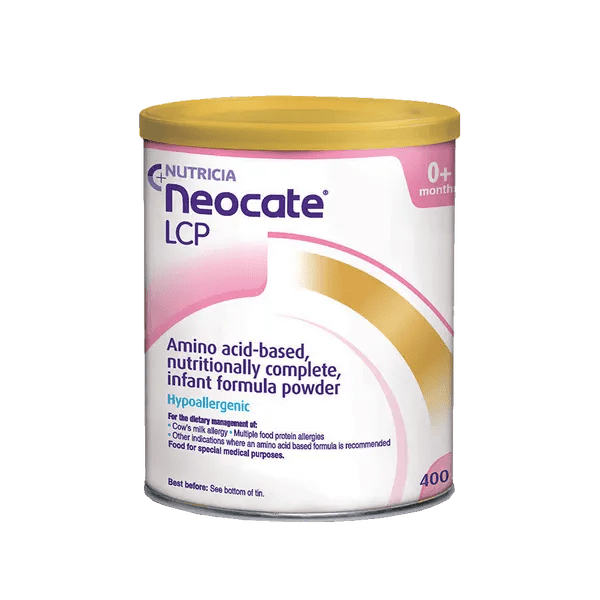
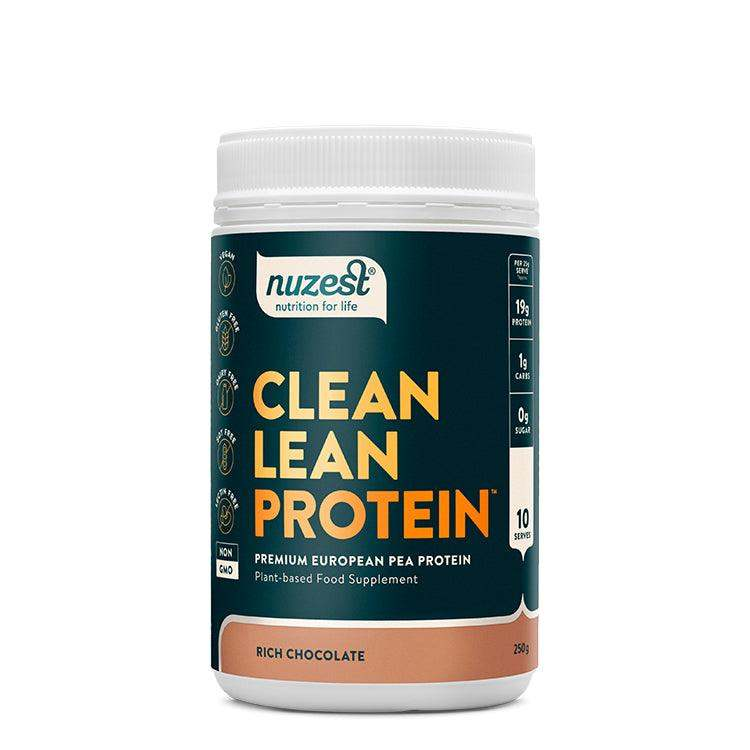
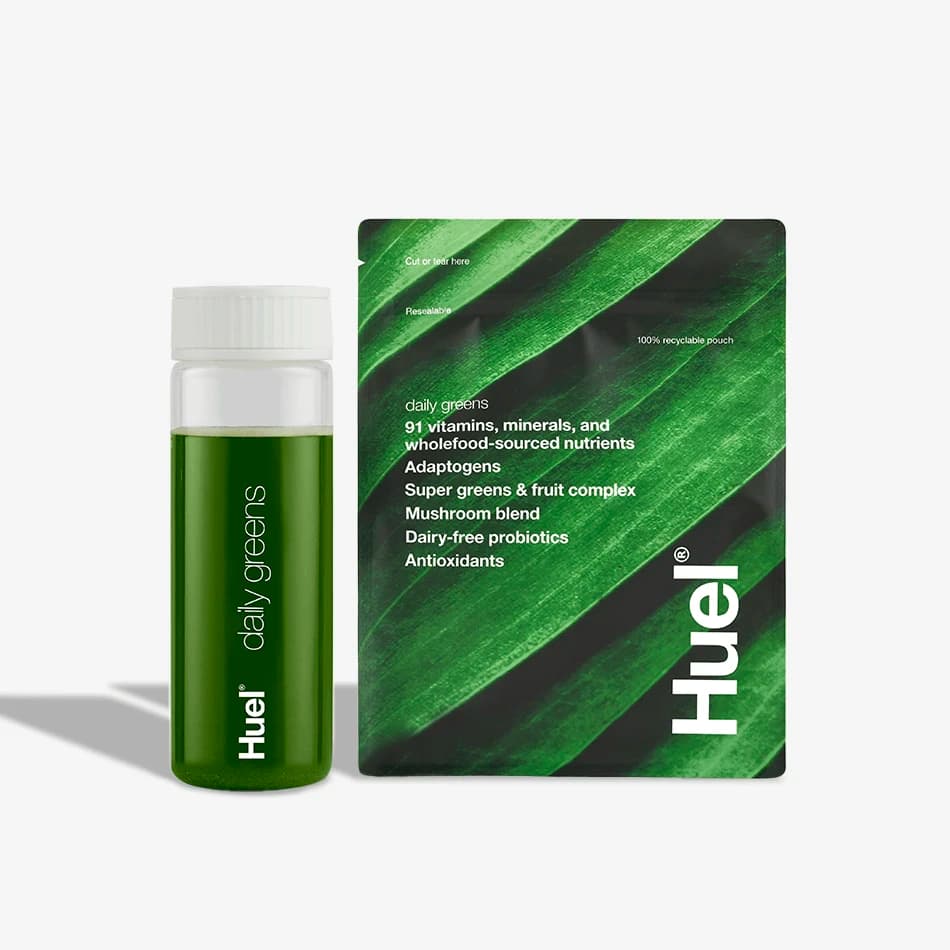
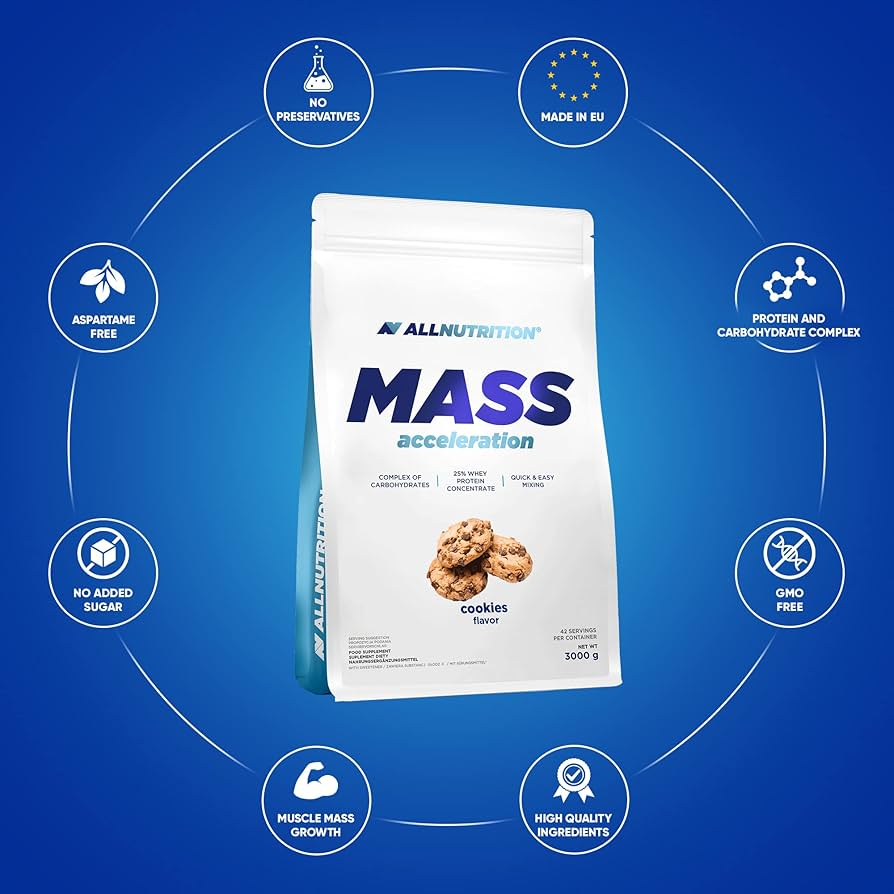







 Calificado excelente por 26,523+ reseñas
Calificado excelente por 26,523+ reseñas